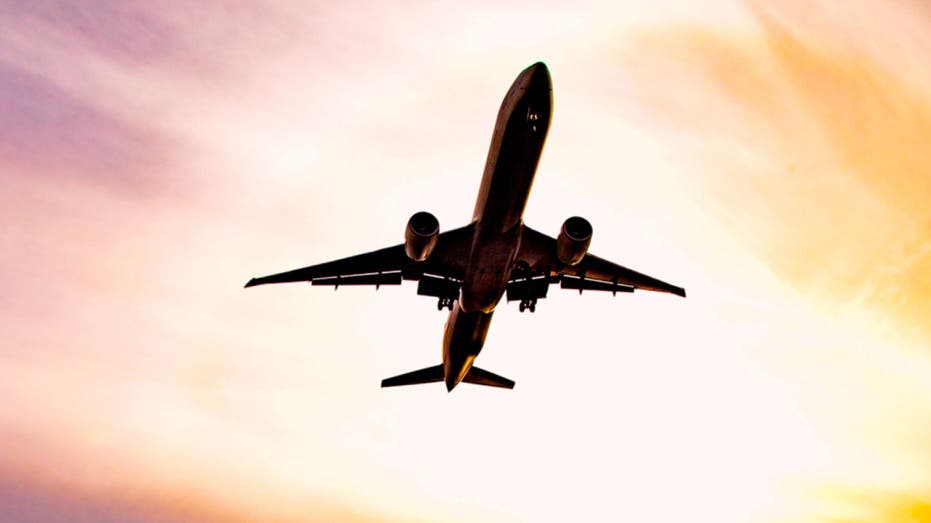US Issues Alert as Venezuela Now Poses 'Highest Risk' for American Travelers
U.S. travelers advised against visiting Venezuela amid severe risks of crime, unrest, and limited consular aid, with the State Department issuing a Level 4 warning.

The United States government has issued a stern warning to its citizens, advising them to avoid all travel to Venezuela and its borders due to mounting security concerns. The U.S. Department of State has assigned Venezuela the highest travel advisory level—Level 4: Do Not Travel—citing a range of grave risks that include wrongful detention, torture, terrorism, kidnappings, arbitrary enforcement of local laws, rampant crime, persistent civil unrest, and deteriorating health infrastructure.
According to officials, Venezuela currently holds the unfortunate distinction of having more U.S. nationals wrongfully detained than any other country in the world. These detentions have raised alarm among human rights advocates and prompted U.S. lawmakers to call for increased sanctions should the Venezuelan government fail to address these ongoing issues.
Since March 2019, the United States withdrew all diplomatic personnel from its embassy in Caracas and suspended operations at the facility. As a result, there are no U.S. consular services available within Venezuela. This absence means U.S. citizens traveling to or residing in the country cannot access routine or emergency support for lost or stolen documents, medical emergencies, or legal assistance.
On the ground, the situation remains volatile. Security forces routinely use aggressive tactics to quell pro-democracy protests and anti-government demonstrations. Reports indicate frequent deployment of tear gas, pepper spray, and rubber bullets against demonstrators. Such events can rapidly spiral into episodes of looting and widespread vandalism, making public gatherings especially dangerous.
Given the severity of the conditions, the State Department strongly urges all U.S. citizens still in Venezuela to depart immediately. For those who must travel despite the warnings, officials recommend taking extensive precautions, including:
- Preparing a will and updating insurance beneficiaries, as well as establishing power of attorney.
- Developing a communication strategy with family or employers—complete with a "proof of life" protocol.
- Considering the hire of professional security personnel.
- Understanding that medical care, particularly access to over-the-counter medications, will be severely limited.
- Avoiding border areas with Colombia, Brazil, and Guyana, where terrorist groups are known to operate.
Authorities emphasize that should U.S. travelers lose their passports or encounter other bureaucratic hurdles while in Venezuela, American officials will not be able to provide assistance under current restrictions. The overriding message from government sources is clear: U.S. citizens should reconsider any plans to visit Venezuela and depart as soon as possible if already in the country.




